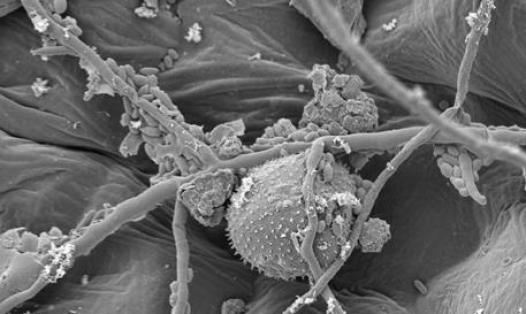

The tumor suppressor protein p53 plays a central role in orchestrating the cellular response to genotoxic damage. Specifically, p53 can induce DNA damage repair processes or in extreme cases initiate controlled cell death (apoptosis). Mutations in p53 are frequently found in cancers, highlighting its importance in maintaining healthy cell populations. p53 is tightly controlled by diverse post-translational modifications, but the molecular details of how individual modification and combinations thereof contribute to p53 activity are poorly understood. This project uses synthetic protein chemistry (Müller lab) to investigate the biological outputs (Tavassoli lab) of specific p53 modifications.